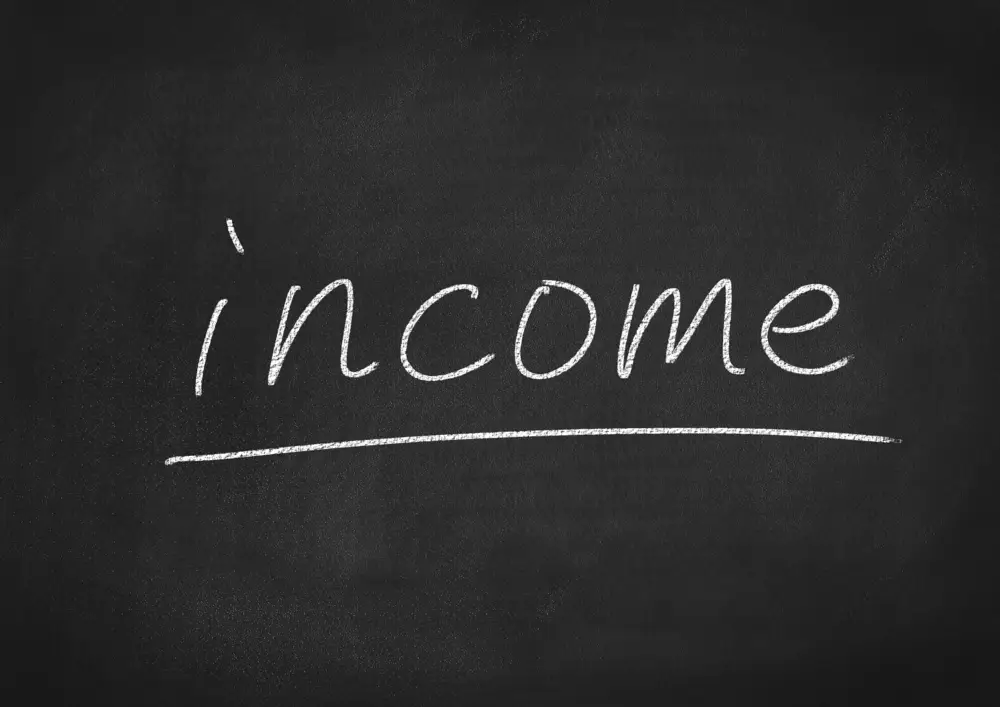Why Is It Important To Check Your Budget Regularly?
Though handling your money could appear challenging, the basis of any successful financial plan is always planning. Actually, a budget is a financial road plan displaying your income, debt, savings goal, and expenditure trend. Think of it as the GPS for your financial path, guiding you toward your goals and shielding you from likely road hazards.
One cannot underline the importance of financial preparation for every day life. In the hectic pace of today, when spending may easily spiral out of hand, a well-organized budget is extremely vital. Financial planning helps you place requirements above wishes and tracks development to help you create sensible financial objectives. Moreover, continuous budget control is crucial to ensure your spending supports your goals. It’s about spending your money deliberately to reach long-term financial security, not only about conserving money.
Benefits of constant budget control
Apart from other things, regular budgeting helps you keep on top of your financial goals and prevent debt accumulation. It makes sure you are actively managing your money, keeps you accountable, and offers solutions that can help you to save or reallocate funds toward more pressing needs.
Important Reasons to Review Your Regular Spending
Maintaining Control on Your Financial Goals
Every sensible financial road starts with carefully defined objectives. Whether your funds cover debt pay-off, an emergency fund, or a house, your budget should highlight those goals. Check your budget frequently allows you to monitor progress toward both long-term and immediate objectives.
Monitoring your spending in line with your goals will assist you to ascertain whether your choices really reflect your values. Are you saving enough for either retirement or the education of your children? Are enough being set aside for your emergency fund? Regular budget reviews can help you to answer these questions and implement required changes.

Preventing overspending and debt building
The many opportunities for consumption in the consumer-driven atmosphere of today can overwhelm one. Unplanned expenditures, impulse buys, and subscription services can all add up and exceed your income gradually. Here is where regular check budget evaluations really shine. By routinely tracking your expenditure, you can identify areas where you could be overspending—including dining out too often or paying subscriptions to services you no longer use.
Tracking your spending also helps you avoid the accumulation of debt not required. Early recognition of such issues enables you to address minor issues before they become more major financial ones.
Improving Your Approach to Save Money
Analyzing your budget can allow you to find out how closely your savings targets are being met. Maybe you meant to save twenty percent of your monthly income, but checking over your budget you discover you are short. Regular budget analysis will allow you to find areas where you might minimize spending to boost savings.
Personal events—a increase, a new housing transfer, an emergency—may also influence your savings plan. Regular budget checks help you make quick adjustments to ensure that your savings plan stays on target whether your needs call for a trip or an emergency fund.
How frequently should you go above your spending plan?
Notes from the Monthly Review: The Ideal Pitch Frequency
While everyone’s financial position is different, most people will find that the most logical and helpful frequency is performing a monthly budget review. Monthly checks balance discipline and flexibility while allowing you monitor your money. You may assess whether you are meeting your goals, decide whether adjustments are needed, and, should they be, course-correct.
Monthly assessments also provide you enough time to spot trends in your spending.
For example, you may notice that you routinely overpay on groceries every month, indicating a meal planning or impulse buying problem.
Adjusting Your Spending to Fit Events in Your Life
Unexpected events happen in life, hence your financial plan needs to be flexible enough to accommodate those changes. These life events—from an unanticipated medical expenditure to a job loss to a major event like marriage or house purchase—can significantly impact your spending. Regular assessments allow you to review these changes and make necessary adjustments to maintain financial management.
After a pay increase or promotion, you might have to go over your savings targets or debt payback plan. Analyzing your budget will ensure that your financial strategy fits your present circumstances, therefore guiding your decisions on investing, saving, and spending.

Practical Guideline for Reviewing Your Spending Frequently
Make reminders using financial instruments.
One of the usual challenges people face with budgeting is remembering to really review their records. Budgeting sometimes comes second given so many other responsibilities. One approach to help is to set automatic reminders to keep an eye on your expenses. Reminders on your smartphone’s calendar or a budgeting app can ensure you never let looking over your funds to fall by the side.
Budgeting with tools and programs also helps to streamline the process. Many budgeting applications—including Mint, YNAB (You Need a Budget), or Personal Budget—can automatically track your income and expenses, therefore enabling you to find areas of spending where your money is going. These tools can also provide customized information, therefore directing your financial decisions.
Examine Your Spending Trends
Reviewing your budget forces you to categorize your spending. Among the groups could be savings, transportation, entertainment, and groceries. This might help you find areas where you might be able to cut back or overspending is evident. Knowing where you spend most helps you to reallocate money to areas that deserve more attention, such debt pay-off or retirement savings.
Should you find, for example, that you are routinely spending more on dining out than you anticipated, you may wish to adjust your budget by either removing this category or seeking for ways to cut back.
Update Your Budget in Response to Findings
Sometimes things go off course even with our best of intentions. Maybe you missed several budget reviews or had to deplete savings for an emergency. This is the time one should be changing things. Once you have looked over your expenditure categories, you might have to create new spending limits or saves. For example, you might decide to carpool more or select another path if growing petrol prices are making you pay more on transportation.
Budgeting is an ongoing process so it is quite normal for items to stray. Making regular adjustments will enable you to maintain financial control.
The Long-Term Benefits of Constant Budget Control
Realizing Safety and Financial Independence
Check your budget often helps you achieve long-term financial security and independence, not merely meet transient requirements. Good financial management will enable you to steadily save money. Without debt, this money might provide you the security to resist unexpected circumstances as job loss or medical problems.
Moreover, under a well-managed budget you may gradually increase your savings, therefore supporting investments, retirement funds, even passive income sources. The discipline gained by regular budget audits would greatly help one to pave the road towards financial freedom.
Developing Better Financial Strategies
One of the main long-term benefits of periodically looking over your budget is developing good financial practices. As you watch your money, you start to see your spending patterns and make more careful decisions. Time helps this constancy foster responsibility and financial discipline.
These activities are also contagious. As you grow more financially smart and strong, you are more inclined to share this knowledge with others—through chats with family members or even teaching your children about budgeting. This generational financial literacy will empower succeeding generations to be prosperous.

At last, under control your financial circumstances
One of the best tools you have to maintain under control of your money is routinely check over your budget. It ensures that your savings strategy is on target, facilitates matching of your expenditure to your financial objectives, and helps to prevent debt accumulation. Frequent budget reviews enable you to create the foundation for security and financial freedom.
In the chaotic surroundings of today, maintaining financial management is more important. Your budget should be more proactive to enable you to be better equipped to negotiate financial challenges in daily life.
Thus, right now take control of your financial future; regular budget analysis can make all the difference.


